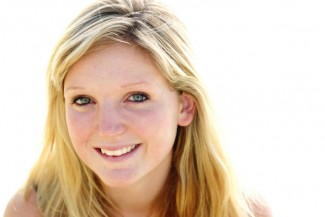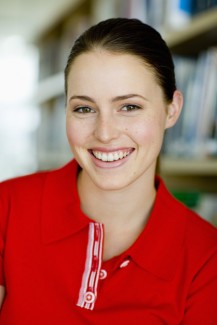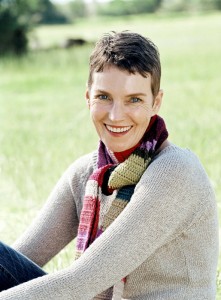You probably have something in your smile that makes you uncomfortable to flash it. Yet, you have clean, straight teeth and a breath devoid of halitosis. Maybe, it is your gum that is bothering you. If it is more than present every time you flash your whites, then you have a viable reason to be shy about it. It is not something that would hinder your overall happiness, but it does prevent you from expressing joy at times.
 A gummy smile is not so bad, but it hinders some people. Maybe, that includes you. If you feel conscious about your more-than-fleshy smile, then fret not, because there is something you can do about it. Gum contouring is that solution.
A gummy smile is not so bad, but it hinders some people. Maybe, that includes you. If you feel conscious about your more-than-fleshy smile, then fret not, because there is something you can do about it. Gum contouring is that solution.
The Good, and Nothing But
The first thing you will notice with your less prominent gums is that your teeth would seem bigger. It does not seem much, but a less obvious problem is a one less thing to worry about. This is about your smile, and anything not normal about your teeth will gain you unwanted attention.
Furthermore, ridding another dental problem benefits your entire oral health. Now, wouldn’t it be better if you can brush your teeth and floss without having to worry about bleeding? And now that you can smile more, there will be an increase in your confidence. More than anything, maybe that will help you become a more open person.
An Acquired Problem
Uneven gums stem from many things, many of which are artificial. If you smoke, chew tobacco or even brush too hard, you may be wearing your gums and decreasing the state of your dental health. Poor dental health is not something you should worry about later in your life, believe us.
Here at David Madruga Implants, we can do the gum contouring as well as implants. We look forward to meeting you and discussing your needs.
Contact us today for more information.




 If you are thinking of undergoing a sedation procedure, it is important that you take note of the following reminders.
If you are thinking of undergoing a sedation procedure, it is important that you take note of the following reminders. The research team brought together an expert team of Italian radiologists, archaeologists,
The research team brought together an expert team of Italian radiologists, archaeologists,  Yet, your dentist could advise to prioritise infusing the titanium implant before attaching the actual tooth replacement. Bear with us here, because dentists want to get such a procedure perfect. You will get your tooth, that is a guarantee, but it could be longer than you think.
Yet, your dentist could advise to prioritise infusing the titanium implant before attaching the actual tooth replacement. Bear with us here, because dentists want to get such a procedure perfect. You will get your tooth, that is a guarantee, but it could be longer than you think. The consequences of missing teeth worsen, however, if you have lost all of them. The problem extends beyond having a toothless jaw; facial collapse is likely to happen, as the entire jaw shrinks and thins. The loss of bone will also lead to exposure of vital structures such as nerves.
The consequences of missing teeth worsen, however, if you have lost all of them. The problem extends beyond having a toothless jaw; facial collapse is likely to happen, as the entire jaw shrinks and thins. The loss of bone will also lead to exposure of vital structures such as nerves. He has a special interest in minimally invasive procedures, which are better and less traumatic for you as a patient, and enables us to help you achieve the smile you’ve always wanted in a safe and predictable manner. Dr Madruga is one of the UK’s leading dental implant surgeons.
He has a special interest in minimally invasive procedures, which are better and less traumatic for you as a patient, and enables us to help you achieve the smile you’ve always wanted in a safe and predictable manner. Dr Madruga is one of the UK’s leading dental implant surgeons. For nervous and phobic patients, we offer the option of treatment under conscious sedation.
For nervous and phobic patients, we offer the option of treatment under conscious sedation.